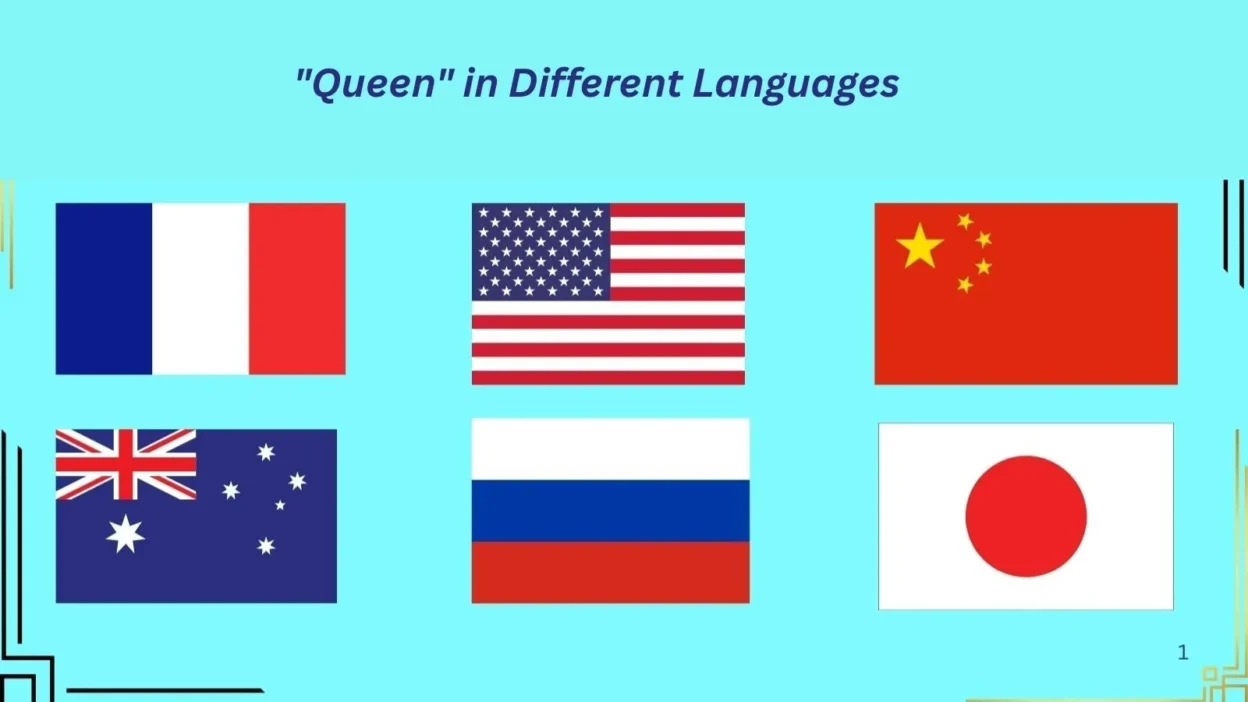Why You’re Here and How This Article Helps
You’re probably here because you’re curious or in need of learning how to call a cat in various languages—maybe you’re a cat owner, traveler, language lover, or just intrigued by how different cultures talk to animals.
Similarly, you might be searching for the word “queen” in different languages to use in writing, speech, or even to give someone a royal nickname.
Whether you’re writing a story, bonding with your pet, talking to someone from another country, or crafting the perfect caption—this blog gives you exactly what you need.
This article explains:
- Why people call cats differently across cultures
- How to say “queen” in multiple languages
- How to pronounce and use these words in real-life conversations or fun contexts.
Let’s dive in!
🐾 Calling Cats in Different Languages
Different cultures use unique sounds or phrases to call cats. These often mimic the local word for “kitty” or imitate sounds that cats are attracted to.
| Language | How to Call a Cat | Pronunciation | Notes |
| English | “Here, kitty kitty!” | /ˈkɪti/ | A common, gentle call |
| French | “Minou, minou!” | /miˈnu/ | “Minou” is a cute word for cat |
| Spanish | “Mishi mishi!” or “Gatito!” | /ˈmiʃi/, /gaˈtito/ | “Gatito” means little cat |
| German | “Mieze, mieze!” | /ˈmiːtsə/ | Mieze is a pet name for cats |
| Italian | “Micio micio!” | /ˈmitʃo/ | Friendly and informal |
| Japanese | “Nyan nyan!” or “Oide!” | /ɲan ɲan/, /oi-de/ | “Nyan” is the sound of a meow in Japanese |
| Russian | “Kis-kis-kis!” | /kis-kis-kis/ | Common sound to attract cats |
| Turkish | “Pisi pisi!” | /pisi pisi/ | Gentle, baby-like call |
| Arabic | “Taʿāli ya bissa!” | /taʕaːli ja ˈbissa/ | “Bissa” is a cute word for cat |
| Hindi/Urdu | “Pussi pussi!” | /ˈpʊsi/ | Widely used informal call |
✅ How to Use
- When calling a cat in another country, use the local phrase—they’ll likely respond better!
- You can also try these with your own cat just for fun or training.
- In writing or social media, these calls can add cultural flair or humor.
👑 Words for “Queen” in Different Languages
The word “queen” doesn’t just mean royalty—it can also be a symbol of strength, beauty, or elegance. Whether you’re complimenting someone, writing poetry, or just exploring language, knowing how to say “queen” in different languages can be powerful.
| Language | Word for “Queen” | Pronunciation | Notes |
| English | Queen | /kwiːn/ | Monarch or powerful woman |
| Spanish | Reina | /ˈrejna/ | Used in romantic contexts too |
| French | Reine | /ʁɛn/ | Often used in fairy tales |
| German | Königin | /ˈkøːnɪɡɪn/ | Formal and regal |
| Italian | Regina | /reˈdʒiːna/ | Common name too |
| Portuguese | Rainha | /ʁɐˈiɲa/ | Sounds elegant |
| Russian | Королева (Koroleva) | /kəraˈlʲɛvə/ | Formal royalty title |
| Arabic | ملكة (Malika) | /ˈmalika/ | Also used as a name |
| Hindi | रानी (Rani) | /ˈraːni/ | Popular female name too |
| Chinese (Mandarin) | 女王 (Nǚwáng) | /nyː˧˩waŋ˧˥/ | “Female king” |
| Japanese | 女王 (Joō) | /dʑo.oː/ | Rare in everyday speech |
| Swahili | Malkia | /malˈki.a/ | Common in East Africa |
| Turkish | Kraliçe | /kɾaˈlitʃe/ | Used for both real and metaphorical queens |
How to Use
- Compliment someone: “You’re a real Reina.”
- Creative writing: Add international flair to characters.
- Nicknames/Usernames: Try names like QueenJoō or MalikaCat for unique online IDs.
- Cultural learning: These words reflect not just language but how cultures view femininity and royalty.
📚 Conclusion
Language connects us in more ways than we often realize. By learning how to call a cat in different languages and knowing how to say “queen” across cultures, you’re not only expanding your vocabulary, you’re also building bridges between traditions, affection, and identity.
Use these words:
- When traveling or meeting people from different backgrounds.
- To express admiration or affection (for pets or people).
- For creative inspiration in writing, naming, or social media.
So next time you see a cat on the street—or want to call someone your queen—use this guide to speak with a touch of global charm.



